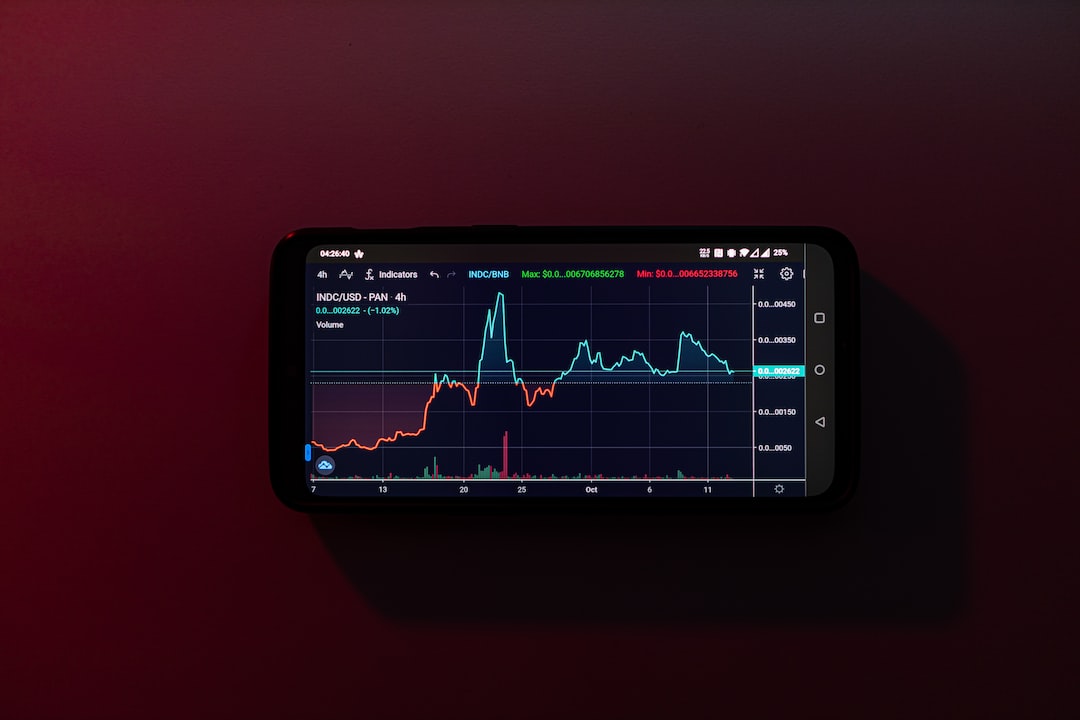Key Facts About the Trial of Sam Bankman-Fried
The highly anticipated trial of Sam Bankman-Fried, the former CEO of bankrupt exchange FTX, is set to begin today. Many of his former colleagues and associates have already pleaded guilty to charges of fraud and money laundering, making this trial crucial for Bankman-Fried to share his side of the story. The FTX case is considered one of the biggest scandals in the crypto world and a significant case of financial fraud in U.S. history.
Charges Against Sam Bankman-Fried
Bankman-Fried faces seven charges in this trial, including wire fraud, conspiracy to commit wire fraud, conspiracy to commit money laundering, conspiracy to commit securities fraud, and conspiracy to commit commodities fraud. The maximum sentence for each count of wire fraud and conspiracy to commit wire fraud is 20 years, while conspiracy to commit money laundering carries a minimum sentence of up to 6 months for each count. Conspiracy to commit securities fraud and commodities fraud have a maximum sentence of 5 years.
The Prosecutor’s Case
The U.S. prosecutors allege that Bankman-Fried intentionally deceived investors about the relationship between Alameda Research and FTX. They argue that he provided Alameda with an unlimited line of credit from FTX and used customer funds when Alameda failed to repay its loans. The prosecution claims that Bankman-Fried instructed his associates to hide and falsify information from auditors and create fake financial statements.
Hot Take: Historic Trial Sheds Light on Crypto Fraud
The trial of Sam Bankman-Fried marks a significant moment in the crypto world as one of the largest cases of financial fraud unfolds. As the trial begins, it will be interesting to see how the evidence is presented and whether Bankman-Fried can successfully defend himself against the charges. This trial serves as a reminder that fraudulent activities can occur even within the cryptocurrency industry, and it highlights the importance of transparency and accountability in the space. The outcome of this trial could have far-reaching implications for the future regulation and perception of cryptocurrencies.





 By
By
 By
By
 By
By
 By
By
 By
By